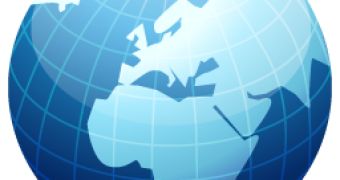The internet and the web have managed to evolve up to this point largely because they were permitted to evolve on their own, without much interference. Many of the large-scale decisions concerning the internet are taken by ICANN, the Internet Corporation for Assigned Names and Numbers.
The organization handles things like domains and IPs and much of what else makes the internet tick. But, despite being an independent group, its apparent tightness with the US government has been cause for criticism internationally.
Some of its latest moves have also been criticized, particularly the decision to start selling new generic top level domains, a decision that detractors say was motivated by greed rather than need.
Now, an international group is trying to take over some of the tasks and responsibilities of ICANN, arguing that something as global as the internet can't be governed by a single country.
The International Telecommunication Union, an agency of the United Nations, wants to have more authority over the internet whereas it dealt with telephone and radio services until now. A meeting is scheduled for a couple of months from now in Dubai to discuss this.
As you can imagine, the US is not happy about this and the US Congress is debating what can be done to block the move.
Congress argues that the internet can only exist unhindered and unregulated and that it thrived because of its openness. This is the same Congress that argued that laws like SOPA or PIPA are needed, mind you.
Google's Vint Cerf, who is the company's chief internet evangelist, but is best known as having helped create the TCP/IP protocols and as chairman of the Board at ICANN, opposes the move and believes that the internet is best served by the current state of affairs.
A cynical view would see all of this as the fears of a country about to lose its monopoly control over the internet, which is indeed global. But the same cynical view would recognize that the countries pushing to take the control out of the US' hands are countries like Russia or China, not the greatest proponents of a free and open internet.

 14 DAY TRIAL //
14 DAY TRIAL //